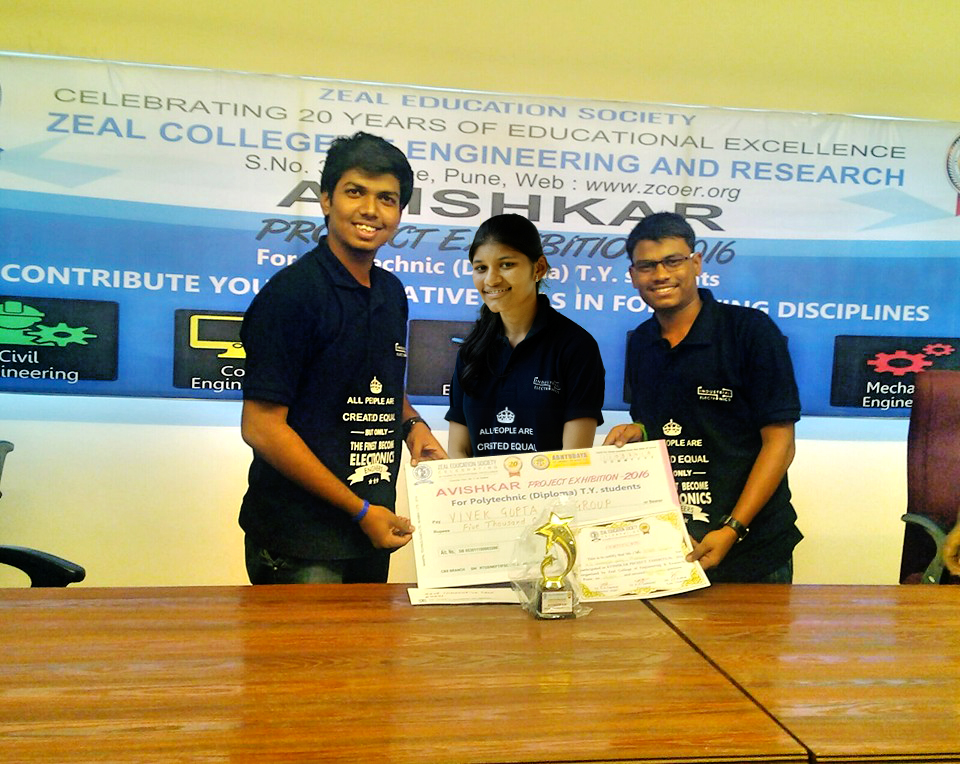Pedagogy
Pedagogy includes concoction of traditional teaching and ICT based teaching learning practices like Google Classroom,Think Pair Share and Do it Yourself. Mini-Projects are offered to encourage project based learning among students. The projects are assigned as per students’ choice mapped with knowledge / thrust areas of Electrical Engineering.Expert lectures, seminars, workshops, soft skills training,entrepreneurship training program, inplant training during vacation, site visits, field visit, hands on training are also included.The curriculum also avails flexibility for students to choose their area of interest as an elective courses in higher semester.The curriculum is aimed to bring about the growth of the students through experiential and practical learnings. Encouraged to opt for on-line certificate courses offered through Coursera.


